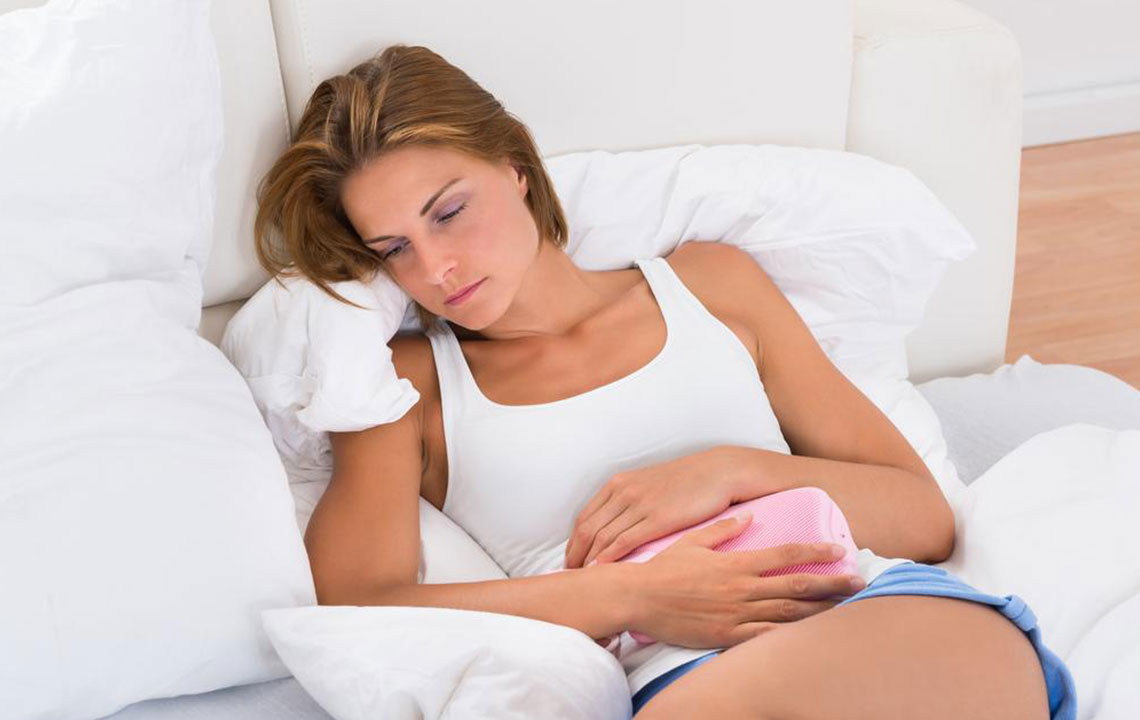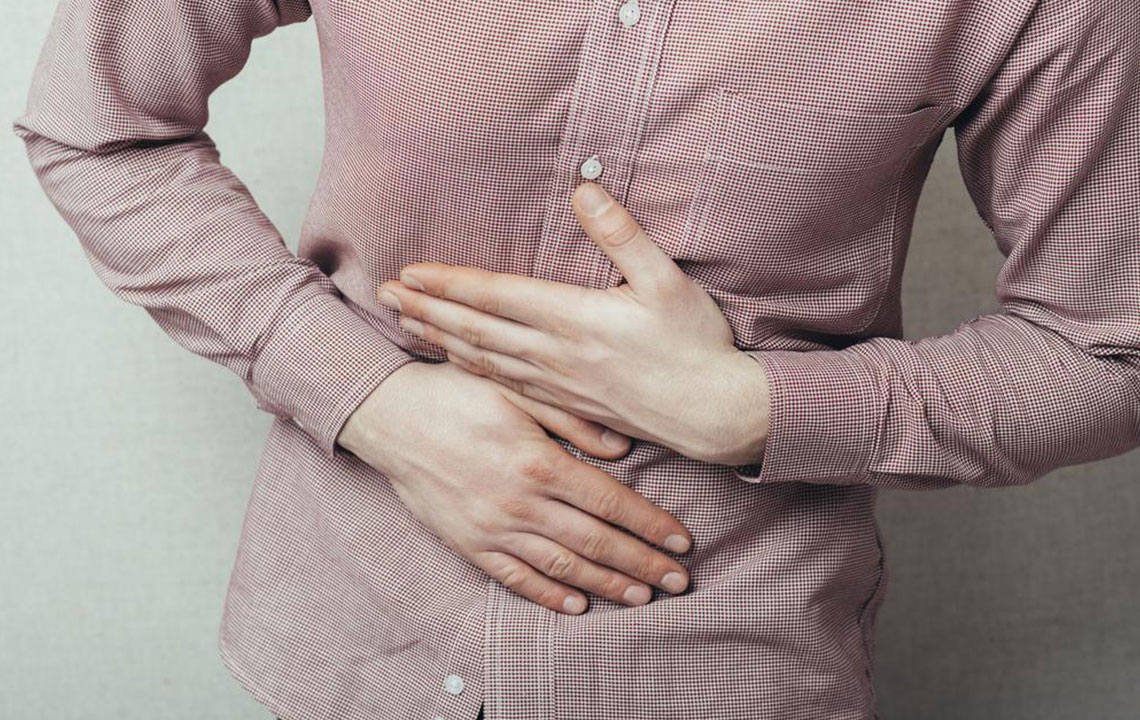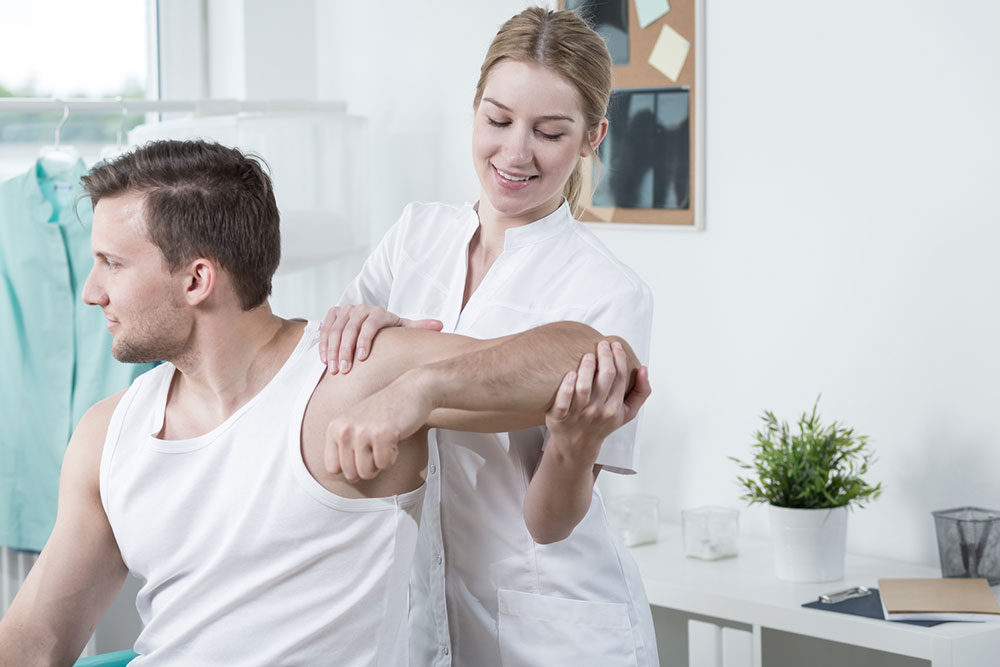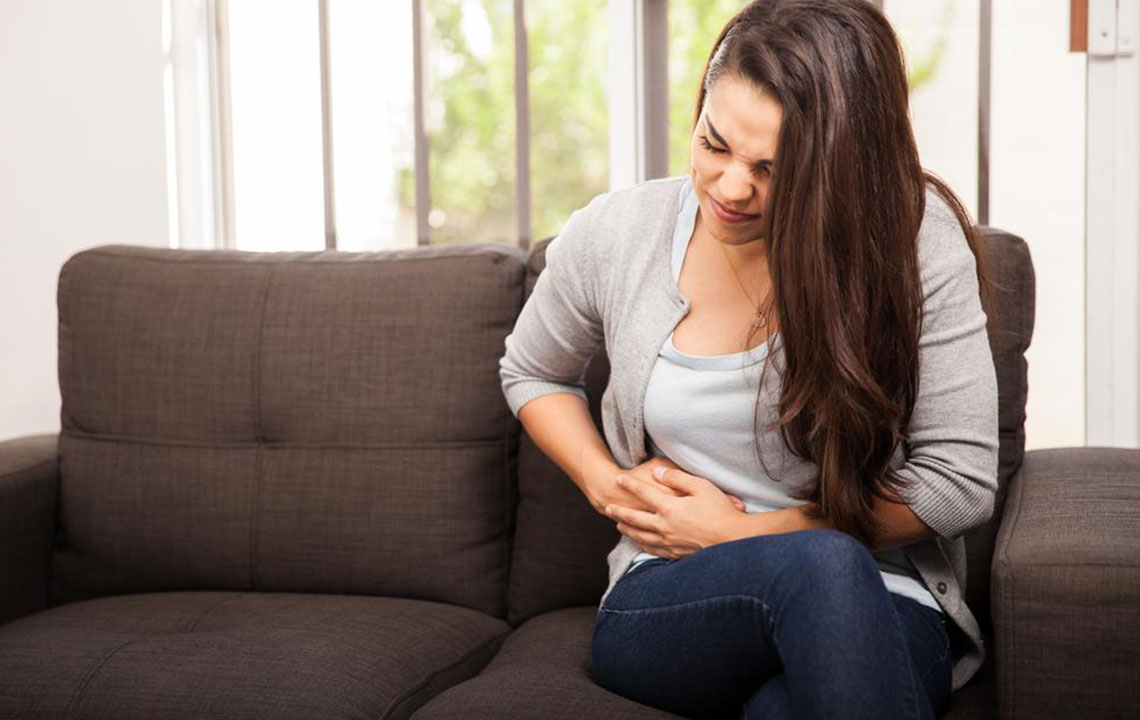Understanding Muscle Cramps: Common Causes and Effective Home Remedies
Discover the common causes of muscle cramps and learn quick, safe home remedies such as stretching, massage, ice or heat therapy, and hydration. This guide helps in relieving spasms and preventing future episodes effectively, emphasizing when to seek medical advice for persistent symptoms.
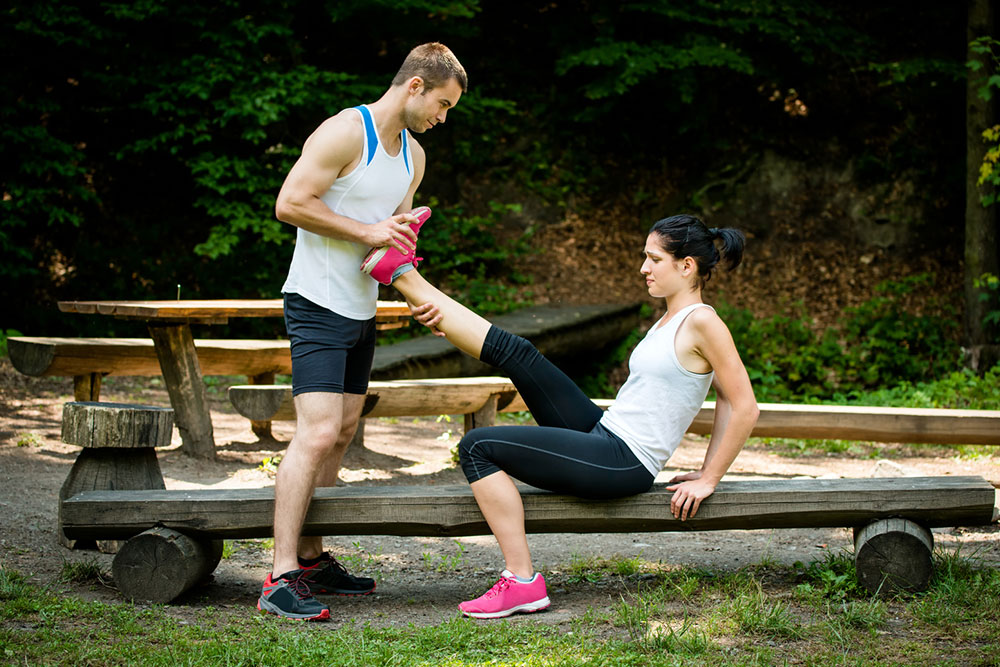
Understanding Muscle Cramps: Common Causes and Effective Home Remedies
Muscle cramps are more frequent during colder months and often occur at night, causing sudden pain that can last seconds. While frustrating, many safe and easy home treatments can alleviate cramps quickly. Before addressing remedies, it's important to identify their causes. Common reasons include muscle exhaustion, dehydration, stress, electrolyte imbalances, and overexertion in heat. Nighttime leg cramps may also result from poor posture, prolonged sitting, or standing on hard surfaces. Understanding these factors helps in managing and preventing cramps effectively.
Typical causes of muscle cramps:
Muscle fatigue
Physical and emotional stress
Dehydration
Exercising in high temperatures
Electrolyte disturbances
Additional factors for night-time leg cramps include poor alignment, long periods of sitting, or repetitive muscle overuse.
Quick relief methods for muscle spasms:
1. Gentle stretching
Stretching muscles at the first sign of spasm provides rapid relief. For calf cramps, lie down and pull your toes toward your head until the pain subsides. Be careful not to overexert to avoid worsening the injury. For neck cramps, rotate your shoulders backward and forward several times. For thigh cramps, stand with support and gently bend and grip your ankle to stretch the quadriceps muscle.
Massage the affected area
Massaging with gentle pressure can relax tense muscles. Use deep tissue techniques or have someone assist you if needed. Applying a firm massage for a few minutes can often diminish the spasm.
Ice pack application
Applying cold reduces inflammation and relieves pain. Wrap an ice pack or cold compress on the spasm, massage the area until redness develops, and keep it for up to 10 minutes to loosen tight muscles.
Warm compress or heat therapy
Heat enhances blood flow, making muscles more flexible. Use a heating pad or take a warm bath for about ten minutes for relief.
Epsom salt soak
Magnesium deficiency can lead to spasms. An Epsom salt bath supplies magnesium, supporting muscle function and reducing inflammation linked to low magnesium levels.
Rest and hydration
Adequate rest and fluid intake help muscles recover. Staying hydrated and allowing time for muscles to relax help prevent future cramps.
Balanced activity
While rest is crucial, too much inactivity may trigger spasms. Engage in light movement to promote circulation unless pain or other symptoms demand rest.
When to consult a healthcare professional:
If muscle spasms persist beyond a few days, interfere with daily life, or worsen, seek medical advice. Persistent cramps may indicate underlying health issues requiring professional assessment. During initial 72 hours, conservative treatment is recommended; worsening symptoms should prompt a visit to a healthcare provider for further evaluation.

